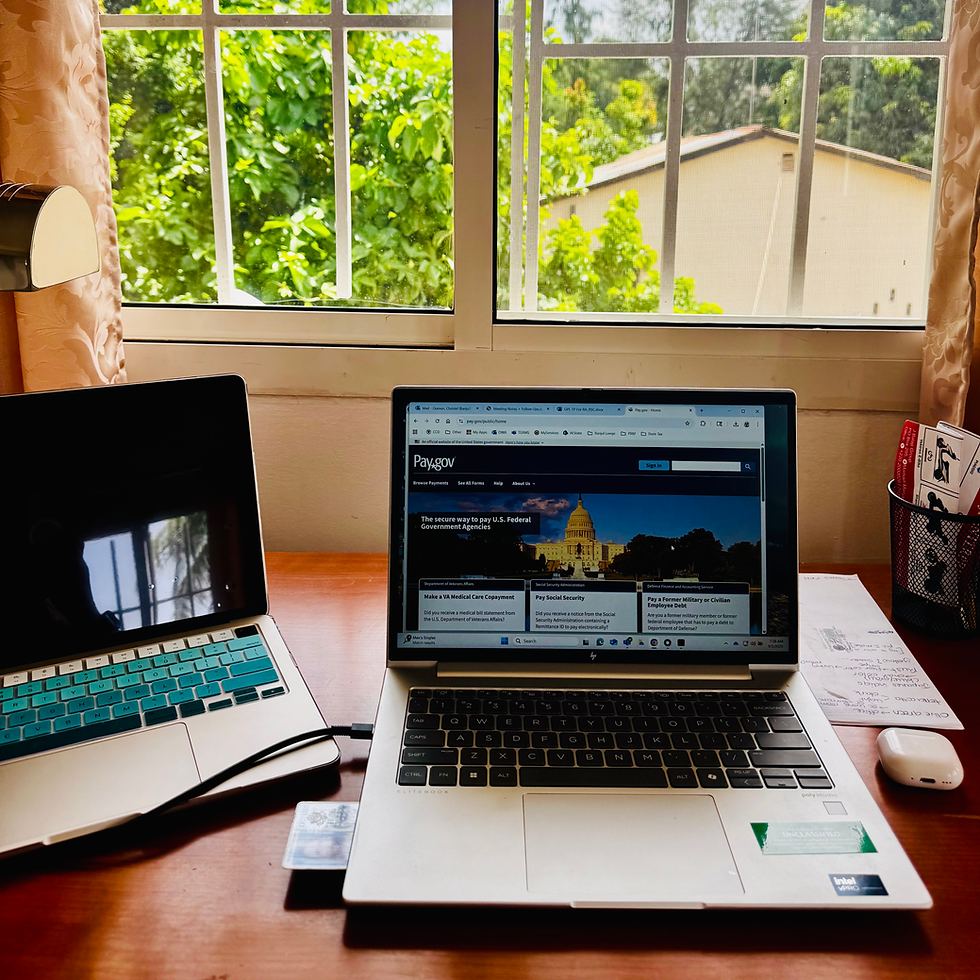My experience with economic diplomacy
- Owner

- Feb 13, 2019
- 2 min read
Updated: Feb 15, 2019
I have some experience with economic diplomacy from when I was a political/economic assistant in the US Embassy in Montevideo for two years. The embassy there is considered “medium size”, which means there were several officers and locally hired employees working on economic and commercial issues.

My job included things like monitoring and analyzing economic news; drafting weekly reporting cables; updating annual reports on local labor conditions; sending invitations to American companies for business fairs; participating in conferences; and maintaining databases tracking environmental, science, technology and health cooperation between the US and Uruguay.
Some of this work is basic economic affairs work—especially the analyzing and reporting part. The more “hands-on” business stuff, like where I contacted companies for the business fair, was actually for the embassy’s commercial section, which was supervised by an economic officer but was lead by the US Department of Commerce in Washington DC. Confusing, I know.
One of my very first tasks after getting the job was to deliver a démarche on "whaling" to a relevant counterpart at the Uruguayan ministry of foreign affairs. Basically, I had to ask whoever was in charge of that issue to vote against whaling during an upcoming UN general assembly vote on the matter. Being nervous about my Spanish language skills and never having done something quite so official as "delivering a démarche" scared me, but it turned out okay .
Thankfully, I could simply ask a local embassy employee to locate and contact the person I should be talking to. It turned out to be a nice young man working on multilateral issues. He listened to me patiently and attentively, never interrupting me (or switching to English out of sheer frustration, which I'm sure he could have easily done) and replying that he would discuss the matter with his supervisor and come back with a response later in the week.
Another issue I remember from my time in Uruguay has to do with agriculture. The Department of Agriculture had one locally hired representative at the embassy—again, supervised by an economic officer—and his office was located next to mine. If I’d gotten a quarter every time I heard the word “lemon” coming out of that office I would have made a lot of money. As it turned out, he was facilitating talks between the US and the Uruguayan government regarding trade preferences for lemons (from the US to Uruguay) in exchange for beef (from Uruguay to the US).
Related posts:
Other posts:







